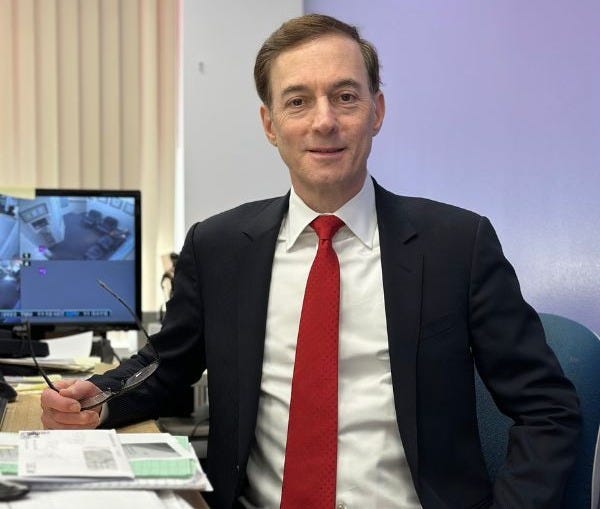The Use of and Improvements for the Presidential Pardon
Trust may be improved with an "exhaustive explanation on the reasons why"
The idea of the presidential pardon can be welcomed and or rejected by the American citizen, depending on the people involved, the circumstances and the sociopolitical components. It brings to attention questions about its use, as in when and how it should be applied, what is off limits and what improvements could be implemented.
This goal of this conversation is for it to be apolitical. It is inspired by the media coverage of President Biden’s issuance of a full and unconditional pardon of his son Hunter and the blowback it inspired after the president had previously commented that he would not issue that pardon for his son’s legal problems, most notably those of illegally buying a gun and tax evasion.
Critics believe that ethical breaches happen at times when presidents use the pardon for what is perceived and judged as self-serving. Yet are perceptions always reality?
“I don't think there's a fixed line when it comes to the ethical use of pardons, for better or for worse,” says Paul Koenigsberg, an attorney at Koenigsberg & Associates. “The presidential pardon power is quite broad, which naturally leads to a lot of ethical gray areas in its exercise.”
Uncertainty remains as to the specifics of what is considered above the line and below it, he says.
“Pardons haven't been executed often enough for us to develop a clear consensus on the proper way, reason or motivation for using them,” Koenigsberg suggests, going on to to say that, “As things stand, I believe the ethicality of granting pardons largely depends on public perception.”
He talks about the debate of limits, as in the question of what might be a non-starter when it comes to the use of pardons.
“We can already draw some preliminary conclusions based on historical precedent,” Koenigsberg says.
“There is bound to be opposition to any use of presidential pardon and it's only become more apparent now that people have an unprecedented access to information and the ability to publish their opinions on platforms used by millions of people worldwide.”
He talks to the challenges when a president is nearing the end of their term.
“It's clear that outgoing presidents couldn't just cave in to inevitable opposition, but there should also be a line that shouldn't be crossed,” Koenigsberg reasons.
“I'm guessing the crimes involved should be heinous enough that almost everyone would be in agreement that they are unpardonable. Unfortunately, this is a gray area too and very much dependent on public perception.”

Improvements to the decision-making process for issuing pardons could aid in the development of helpful and still, practical standards
“One improvement that I think would sit right with almost anyone,” Koenigsberg says, “is increased transparency.”
He elaborates as to why this could earn widespread support from different sociopolitical demographics. “It would greatly help public perception if decisions to grant pardons are coupled with an exhaustive explanation on the reasons why the pardon is being granted,” Koenigsberg explains.
“I believe there is little reason to keep these things hushed, unless revealing them constitutes a threat on national security.”
Objectivity could also be a path that earns greater trust.
“Another thing that I think would improve the process greatly,” Koenigsberg says, “is creating a nonpartisan advisory board that will discuss all pardon applications.”
He explains how this ideally would work in practice.
“Although the president will still retain their ultimate authority in deciding whether to grant a pardon or not,” Koeningsberg says, “the presence of such an advisory board will also help reassure the public that pardon grants are being decided in an environment that's relatively free of bias or favoritism.'“
To sponsor this publication, place an ad or have links published, check this page.
Please consider following Communication Intelligence at the LinkedIn company page








